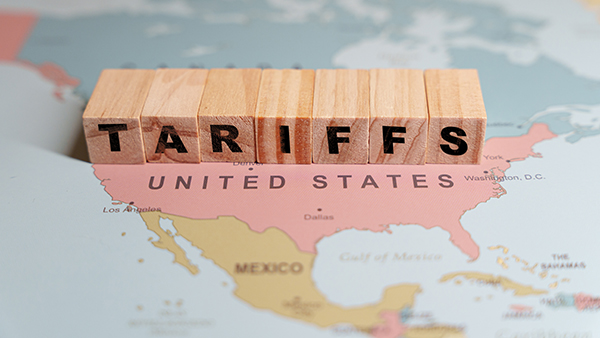The new Labor Government and Treasurer Jim Chalmers will hand down their first Budget on 25 October 2022, and the policy conflicts are obvious. Inflation is surging and interest rates are rising without commensurate increases in wages, but Treasury knows giving cost-of-living increases will compromise some of the Reserve Bank’s attempts to slow spending. Chalmers said last week that no new cost relief should be expected although previous commitments would be honoured:
The Budget is about six or seven weeks away, but we have made it very clear to people that our priority is to implement the cost-of-living relief that we have announced. That will be in areas like childcare, medicines, TAFE fees, the cost of electric vehicles and also we want to get wages moving in this economy again. The Budget will be about a few things. It will firstly be about how do we provide some cost-of-living relief in a responsible way that doesn’t add to the pressure on the Reserve Bank.
For this Reader Survey into these dilemmas and more, we provide a brief summary of each policy. The issues are not addressed in full detail but we hope to learn the mood of our readers. Full results will be published on Firstlinks this month.
1. Should the Stage 3 tax cuts be cancelled?
The Coalition Government with Scott Morrison as Treasurer announced tax cuts in 2018, with Stage 3 commencing in mid-2024. Over 10 years, the final stage is estimated to cost in excess of $240 billion. Stage 3 will cut the rate that applies to incomes over $45,000 from 32.5% to 30%, extending all the way to $200,000 and flattening the marginal tax rates.
Details of who benefits most from the Stage 3 tax cuts are outlined in costings provided by the Parliamentary Budget Office.
The two main arguments for cancelling Stage 3 are the changed budget outlook after the pandemic, and the cuts at the top end favour the wealthy. Economist Saul Eslake said:
From the standpoint of economic management, the main argument for abandoning or deferring [them] is that the medium-term budget outlook is now very different from when those tax cuts were proposed and legislated. At that time, the budget was projected to be in surplus throughout the 2020s, and net debt reduced to zero by the end of the decade. Now, deficits are projected to continue as far as the eye can see, and net debt to continue growing in dollar terms into the early 2030s.
On the other hand, Labor has always voted in favour of Stage 3, arguing it includes relief for some lower income earners, and while in Opposition, Labor did not want to carry the label of a high-taxing party. Anthony Albanese will break an election promise if the cuts are reversed. The changes do not take effect for a couple of years so a cancellation would not impact current budget predicaments.
2. Are prices increasing due to embedded inflationary expectations?
We all experience evidence of rising prices in our daily lives. It is common to see cafes, restaurants and retailers increasing prices, and business remains brisk. We seem to have accepted it with expectations embedded, and this is a worry to the Reserve Bank. However, falling fuel prices and central bank determination to stamp out inflation may have an impact.
At his speech on monetary policy to the Anika Foundation on 8 September 2022, Governor Philip Lowe spent much of the time justifying the need to control expectations. We have become more tolerant of prices rising, as the Governor fears:
There is something here, though, that is worth watching that is not easily captured in our standard models, and that is the general inflation psychology in the community. By this, I mean the general willingness of businesses to seek price increases and the willingness of the community to accept price increases.
Prior to the pandemic, it was very difficult for a businessperson to stand in the public square and say they were putting their prices up. And a common theme from our liaison was that, because most businesses had trouble putting their prices up, wage increases had to be kept modest. That was the mindset.
Today, businesspeople are able to stand in the public square and say they are putting their prices up, and they can point to a number of reasons why. The community doesn’t like it, but there is a begrudging acceptance. And with prices rising, it is harder to resist bigger wage increases, especially in a tight labour market. So the psychology shifts.



